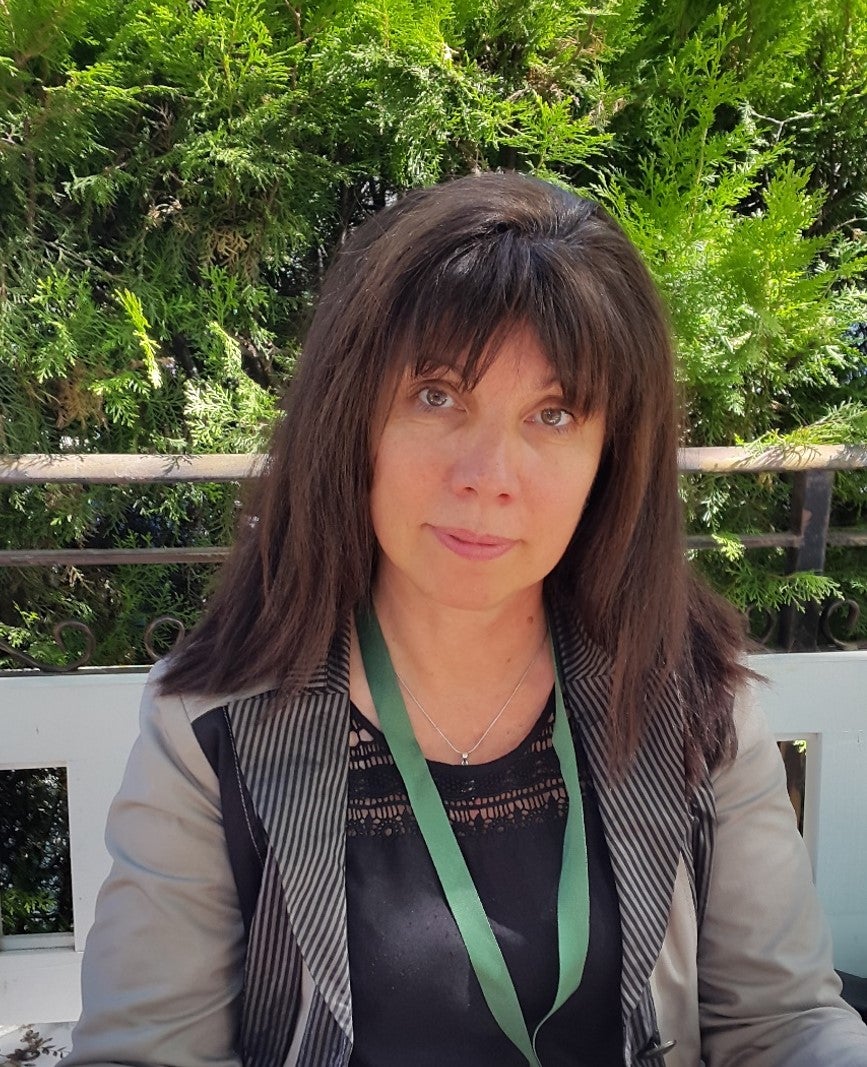Nanotechnology: Industrial Revolution or Pandora’s Box? An Ecotoxicology Perspective

Dr. Slaveykova uses laboratory and field experiments and modeling approaches to investigate the fate and effects of chemical stressors, including toxic metals (such as mercury), manufactured nanoparticles, and nanoplastics in aquatic environments. Her work is of fundamental importance for the prediction, assessment, and management of the ecological risks of these contaminants under global change.
— Ying Wang, Bren School PhD Candidate
ABSTRACT
Nanotechnology is considered “the sixth truly revolutionary technology introduced in the modern world”. The central question of how to benefit from this powerful technology while maximizing and avoiding possible risks represents a challenge for regulatory agencies and an important area of scientific research.
In this talk we will explore the frontiers of our knowledge of this tiny world to understand the interactions of nanoparticles with environmental and living systems, which is central to enabling an appropriate risk assessment for the sustainable development of nanotechnology. With examples from our own research we will illustrate what happens when aquatic organisms are inadvertently exposed to metal-containing nanoparticles or nanoplastics that are increasingly released into the environment from nano-enabled materials. We highlight the complexity of nano-sized material behavior in the aquatic environment and discuss the importance of various transformations and organism ingestion patterns for the assessment of the environmental implications of these materials.
BIO
Dr. Slaveykova is a Professor in Environmental Biogeochemistry and Ecotoxicology at the Department for Environmental and Aquatic Sciences (DEFSE), University of Geneva, Switzerland, and a vice-president of the School of Earth and Environmental Sciences. Between 2011 and 2017 she served as a director of DEFSE. Her research focus is on the improvement of the basic knowledge of the key processes governing the behavior and possible effects of inorganic contaminants such as toxic metals, engineered nanoparticles, and nanoplastics in aquatic ecosystems, from their input to the site of biological action. Dr. Slaveykova serves as a Specialty Chief Editor of the Biogeochemistry Dynamics section of Frontiers in Environmental Science and as Associate Editor for Aquatic Geochemistry.